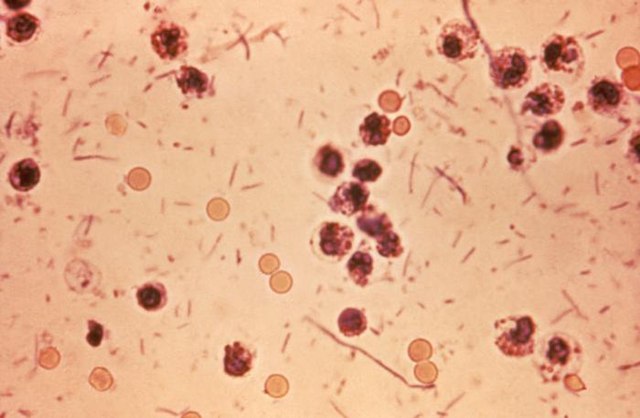Bacillus is a genus of bacteria known for its diverse and versatile characteristics. While some species within this genus can cause diseases, many Bacillus species are beneficial and play important roles in various applications, including agriculture. Here are five fascinating facts about Bacillus and its role in agriculture:
1. Plant Growth Promotion:
- Bacillus subtilis and Bacillus amyloliquefaciens are known for their ability to promote plant growth. They produce plant growth-promoting substances, such as indole-3-acetic acid (IAA), siderophores, and enzymes, which enhance nutrient availability, stimulate root development, and protect plants from pathogens.
2. Biocontrol Agents:
- Some Bacillus species act as biocontrol agents against plant pathogens. Bacillus thuringiensis (Bt), for example, produces insecticidal proteins that are widely used in biopesticides to control certain pests, particularly lepidopteran larvae. This approach reduces the reliance on chemical pesticides.

3. Nitrogen Fixation:
- Certain Bacillus species, such as Bacillus polymyxa, have the ability to fix atmospheric nitrogen. This is beneficial for plants as it enhances soil fertility by converting atmospheric nitrogen into a form that plants can use for growth. This natural nitrogen fixation reduces the need for synthetic fertilizers.
4. Disease Suppression:
- Bacillus-based biopesticides and biofungicides are used to suppress various plant diseases. Bacillus subtilis, for instance, produces antibiotics and enzymes that inhibit the growth of plant pathogens, providing a natural and environmentally friendly method for disease control.
5. Drought Resistance:
- Some Bacillus species contribute to improved drought resistance in plants. They enhance the plant’s ability to withstand water stress by inducing systemic tolerance mechanisms, improving water-use efficiency, and promoting the production of stress-related proteins.
Bonus Fact:
- Bacillus as Soil Inoculants: Bacillus species are commonly used as soil inoculants in agriculture. Farmers apply Bacillus-based products to seeds or soil to enhance plant growth, protect against diseases, and improve nutrient availability in a sustainable and environmentally friendly manner.
Conclusion:
Bacillus bacteria demonstrate their significance in agriculture through their plant growth-promoting capabilities, biocontrol activities, and contributions to soil fertility. Harnessing the beneficial attributes of Bacillus species offers sustainable solutions for enhancing crop productivity while minimizing the environmental impact associated with traditional agricultural practices.












